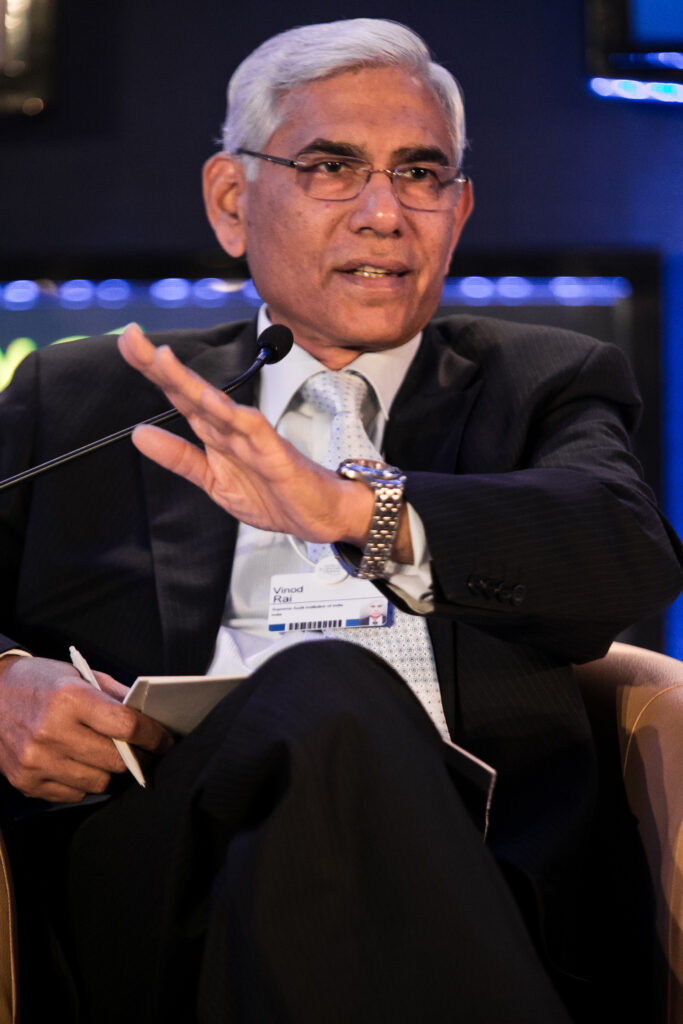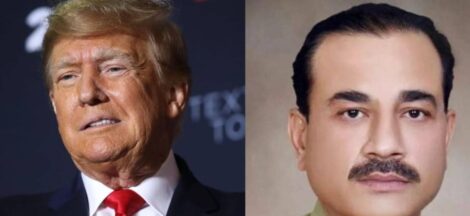West Bengal’s political landscape witnessed heightened tensions as Suvendu Adhikari, the Leader of Opposition and Bharatiya Janata Party MLA, lodged a formal complaint with the Election Commission of India against Chief Minister Mamata Banerjee. Adhikari alleged that Banerjee’s recent remarks aimed to tarnish the image of the ECI and questioned the integrity of its officials.
In his letter addressed to Chief Election Commissioner Gyanesh Kumar, Adhikari expressed deep concern over Banerjee’s statements, asserting that she had “crossed all limits” by targeting the poll body, a permanent constitutional institution. He emphasized that the Chief Minister had no right to question the appointment or integrity of the ECI or its officials.
The controversy stems from Banerjee’s assertions that the BJP is strategically positioning biased individuals in key roles within constitutional bodies to influence electoral outcomes in their favor. She specifically pointed to the appointment of the current Chief Election Commissioner, suggesting that such placements could undermine the impartiality of the electoral process.
Adhikari, in his complaint, refuted these allegations, stating that Banerjee’s comments were baseless and detrimental to the reputation of the ECI. He urged the commission to take appropriate action against the Chief Minister for her attempts to defame the institution and its officials.
This incident marks a significant escalation in the ongoing political rivalry between Adhikari and Banerjee. Their contentious relationship dates back to the 2021 West Bengal Legislative Assembly elections, where Adhikari contested against Banerjee in the Nandigram constituency and emerged victorious by a narrow margin. The election was fraught with controversies, including allegations of electoral malpractices and legal challenges.
The current dispute adds to the series of confrontations between the ruling Trinamool Congress and the BJP in West Bengal. The state’s political environment has been characterized by intense competition, with both parties frequently accusing each other of misconduct and attempting to influence constitutional bodies.
Observers note that such public disputes between high-ranking political figures and constitutional institutions can have broader implications for democratic processes. Allegations questioning the integrity of bodies like the ECI may erode public trust and confidence in the electoral system.
As of now, the Election Commission has not issued an official response to Adhikari’s complaint. Political analysts anticipate that the commission may review the allegations and determine whether Banerjee’s remarks violated any provisions of the Model Code of Conduct or other electoral guidelines.
The BJP has consistently criticized the TMC government for its alleged authoritarian practices and attempts to undermine democratic institutions. Conversely, the TMC has accused the BJP of centralizing power and encroaching upon the autonomy of state governments.
This latest episode underscores the deep-seated political polarization in West Bengal. The state’s electorate has witnessed a series of high-stakes political battles, with both the TMC and BJP vying for dominance. The outcome of this particular dispute may influence future interactions between state leadership and constitutional bodies.
In the broader context, the incident raises questions about the boundaries of political discourse and the extent to which elected officials can critique constitutional institutions. While freedom of speech is a fundamental right, it carries the responsibility of ensuring that such expressions do not undermine public trust in essential democratic frameworks.




 Trump, Zelensky’s Meeting Erupts into Heated Confrontation
Trump, Zelensky’s Meeting Erupts into Heated Confrontation 